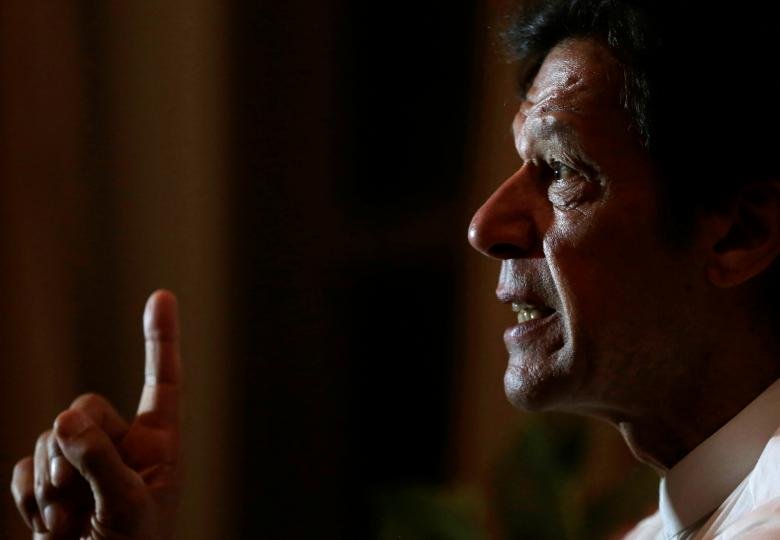
As the final round of the legal battle between the ruling Pakistan Muslim League-Nawaz and the PTI begins, the top court questioned the party's lead counsel over proof that the Sharif family owned luxury flats in London in 1993.
Make-or-break day for PTI in top court
Despite having significant documents, Naeem Bokhari has seemingly struggled to substantiate the PTI’s case with verbal arguments.
"You did not submit any scrap of paper to establish that Sharif family owned London properties in 1993," Justice Azmat Saeed Sheikh said in his remarks.
The apex court also raised questions over the National Accountability Bureau's failure to file an appeal regarding the re-investigation of Rs612 million Hudaibia Papers Mill scam against the Sharif family.
A three-judge bench headed by Justice Asif Saeed Khosa discussed the quashing of NAB's reference against Sharif family by the Lahore High Court. "NAB failed to file an appeal against the high court's 2011 verdict," the bench observed.
In March 11, 2014, the Lahore High Court rejected NAB’s plea of opening corruption references against the Sharifs in the Hudaibiya Paper Mills case. Nine members of the Sharif family, including Nawaz Sharif, Shahbaz Sharif, have been accused of laundering up to Rs642.7 million.
Panamagate scandal: ‘Top court’s ruling to seal Pakistan’s future’
However, Justice Khosa observed that when NAB did not move an appeal against the LHC order in former chairman OGRA Tauqir Sadiq's case, the Supreme Court while exercising Article 184 (3) of the Constitution accepted that appeal. Justice Khosa also raised queries regarding the failure of authorities to conduct an investigation on Finance Minister Ishaq Dar's confessional statement.




1731916090-0/sabrina-(3)1731916090-0-165x106.webp)












COMMENTS (24)
Comments are moderated and generally will be posted if they are on-topic and not abusive.
For more information, please see our Comments FAQ